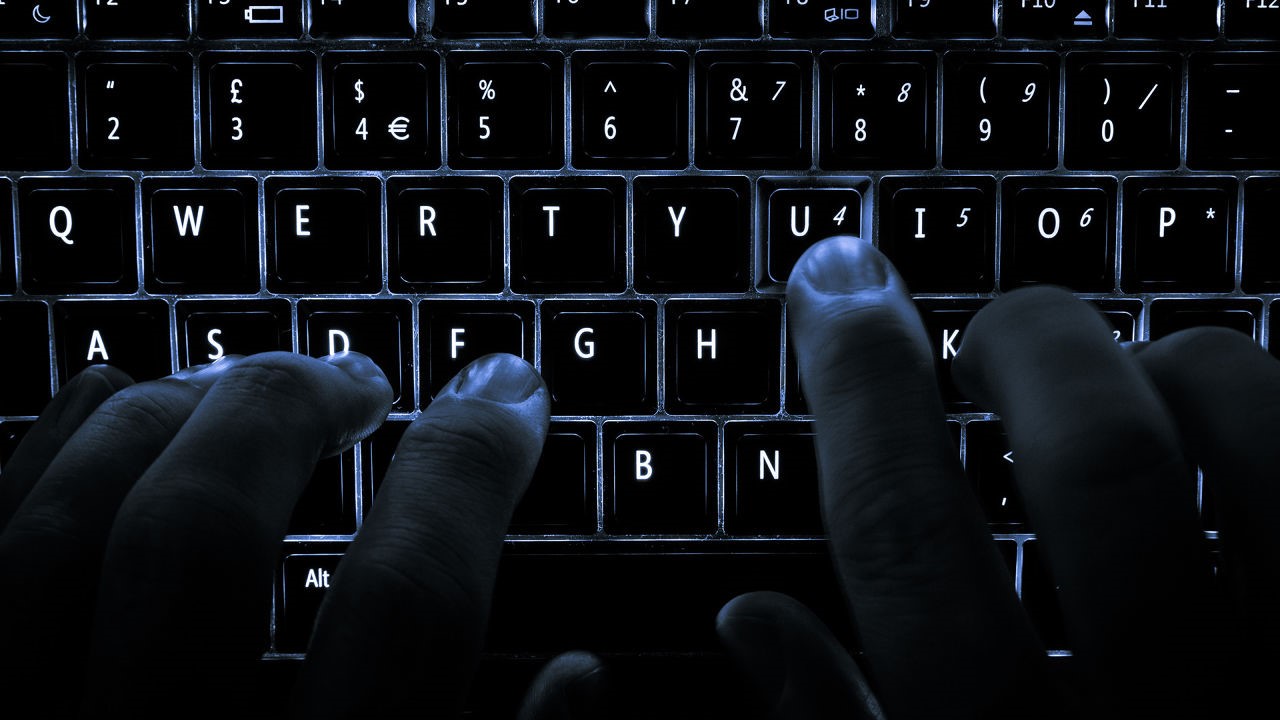
Over the years, I’ve had an inkling that my ability to spell has been on a steady decline, heading straight for the gutter. At times I feel utterly powerless without spellcheck, especially when typing. Under normal circumstances, one may assume that the issue stems from the lack of practice, yet I’m reading and writing on a much more frequent basis than at any point in my life; after all, my livelihood depends on it. Secondly, I’m too young to be developing early stage Alzheimer’s. That leaves one other culprit: the keyboard. A recent study published in Psychology Science discovered that hand-writing notes results in a far superior mode of memory retention than typing. Interestingly, this is something I’ve long suspected.
Like me, Princeton University psychological scientist Pam Mueller observed that her ability to recollect content was far superior when jotting down information by longhand than with a keyboard. Deciding to put the theory in practice, she developed a series of three experiments to test the note-taking technique’s effect on memory.
In the first study, Mueller had two groups of students observe a TED talk video while taking notes either by longhand or with a laptop. Afterwards, when both were presented with the same exam, those who previously used the pen scored significantly higher on the conceptualization section of the exam than the laptop group; both performed equally on the fact recollection section.
The reason for such a disparity on the conceptualization segment is the laptop users were essentially transcribing the lecture, whereas the pen users had to selectively decide what to note. “Because we write by hand less quickly, those who took notes with pen and paper had to be more selective, choosing the most important information to include in their notes. This enabled them to study the content more efficiently.”
In the second experiment, Mueller explicitly asked the laptop students to avoid verbatim note-taking, but surprisingly, the students were unable to follow instructions. Instinctively, they reverted to transcription. “It’s an ingrained technique,” she explained.
To minimize the difference between the two groups in the third experiment, Mueller allowed the students one week’s time to study their notes before testing them on the same material. She expected the laptop note-taking group’s score would rebound, catching up to their longhand counterparts; but that did not occur. “We were surprised that the longhand students still did better,” Mueller explains, “even though laptop note-takers had more content written down, they hadn’t processed it in the same way initially.”
The question that inevitably arises is: which method is better? It depends on circumstance.
If you’re in a situation where forming a deeper understanding of the material is crucial, such as at a lecture or seminar, then longhand note-taking triggers greater mental processing because you have to decide what content is most important. This also applies to creating to-do lists as you may be able to better prioritize task versus just listing everything that comes to mind, explains Mueller.
By contrast, if situations that require literal notes, such as recording detailed instructions, then transcribing the conversation will be much faster with the aid of an electronic device.
While transitioning back to pen and paper is extremely unlikely, the stylus and touchscreen may serve as a flexible middle ground that can switch between both modes of expression depending on the circumstances.
Source: Fastcompany.com
Advertisement
Learn more about Electronic Products Magazine





